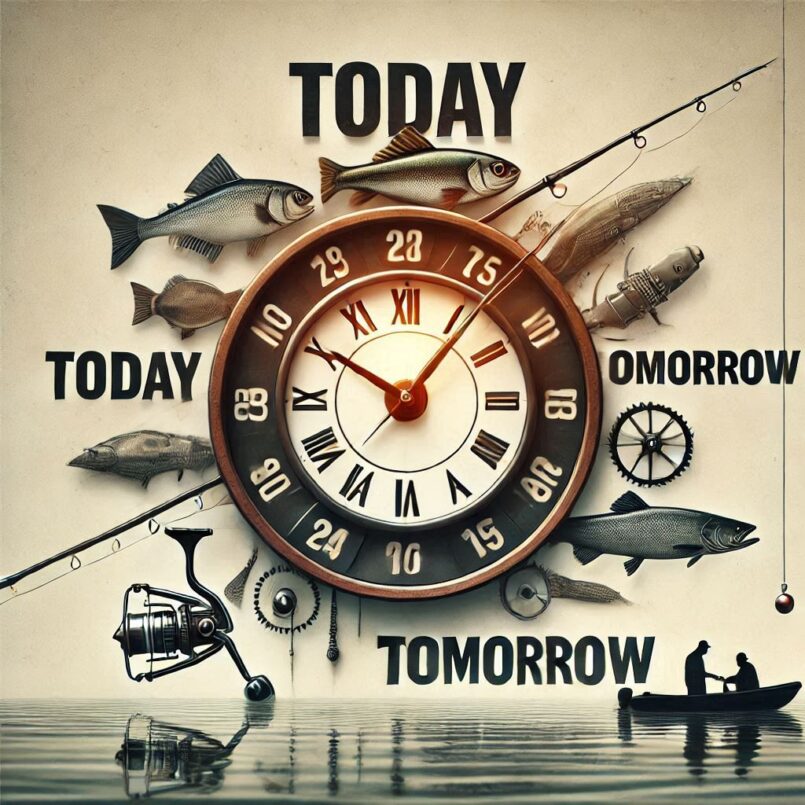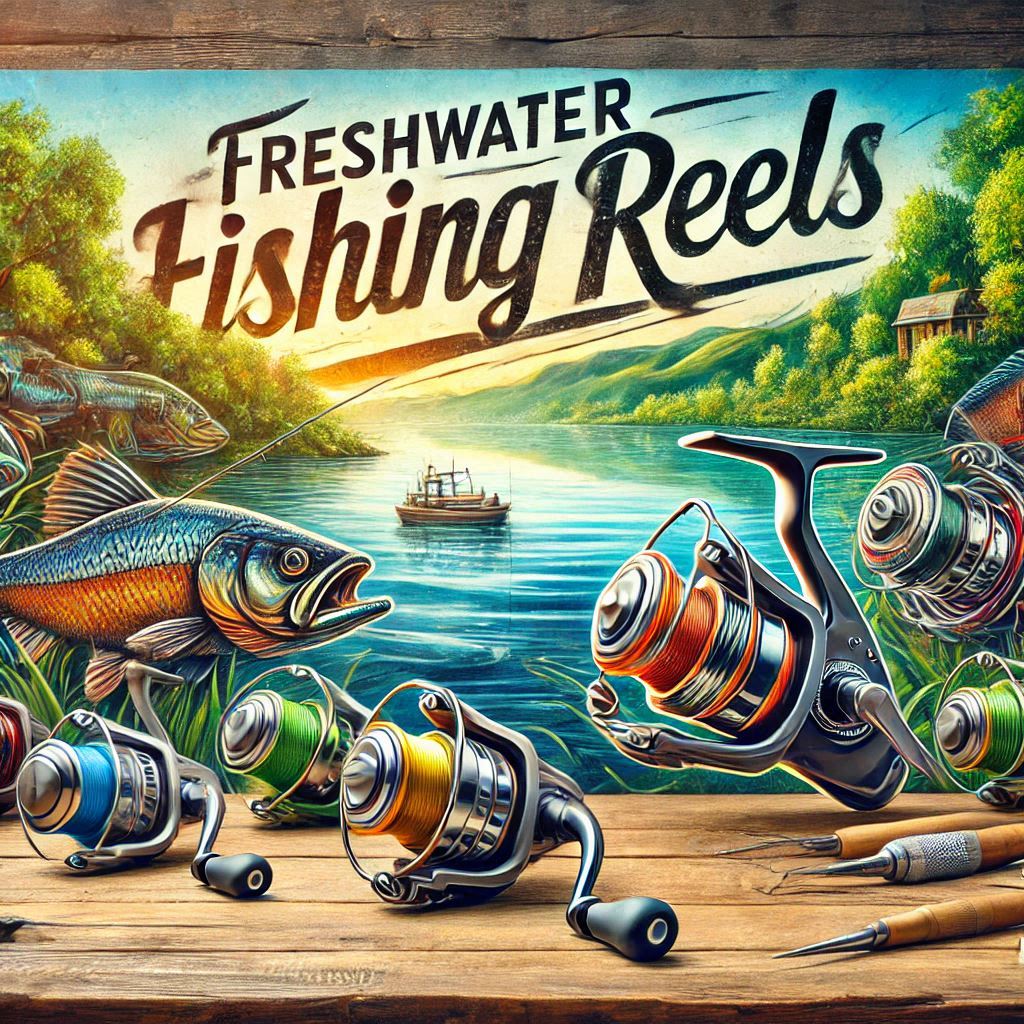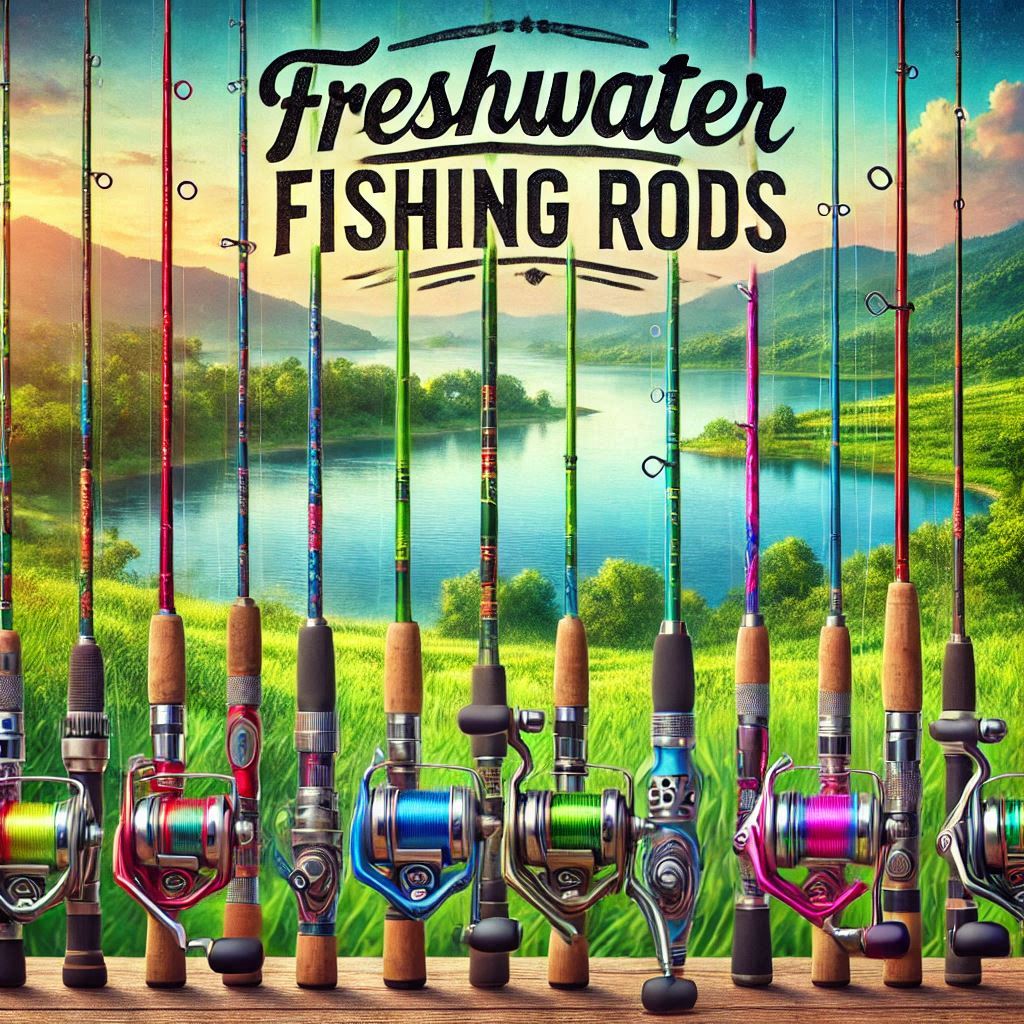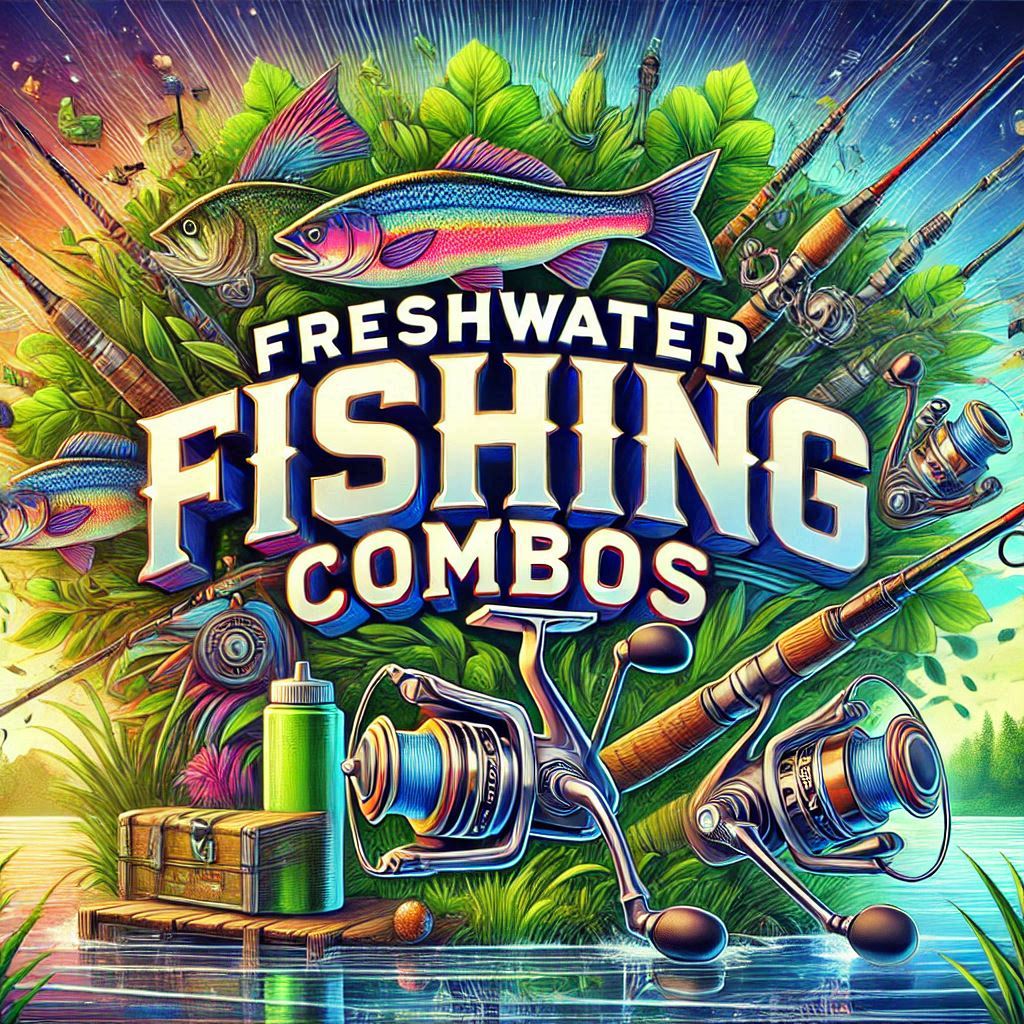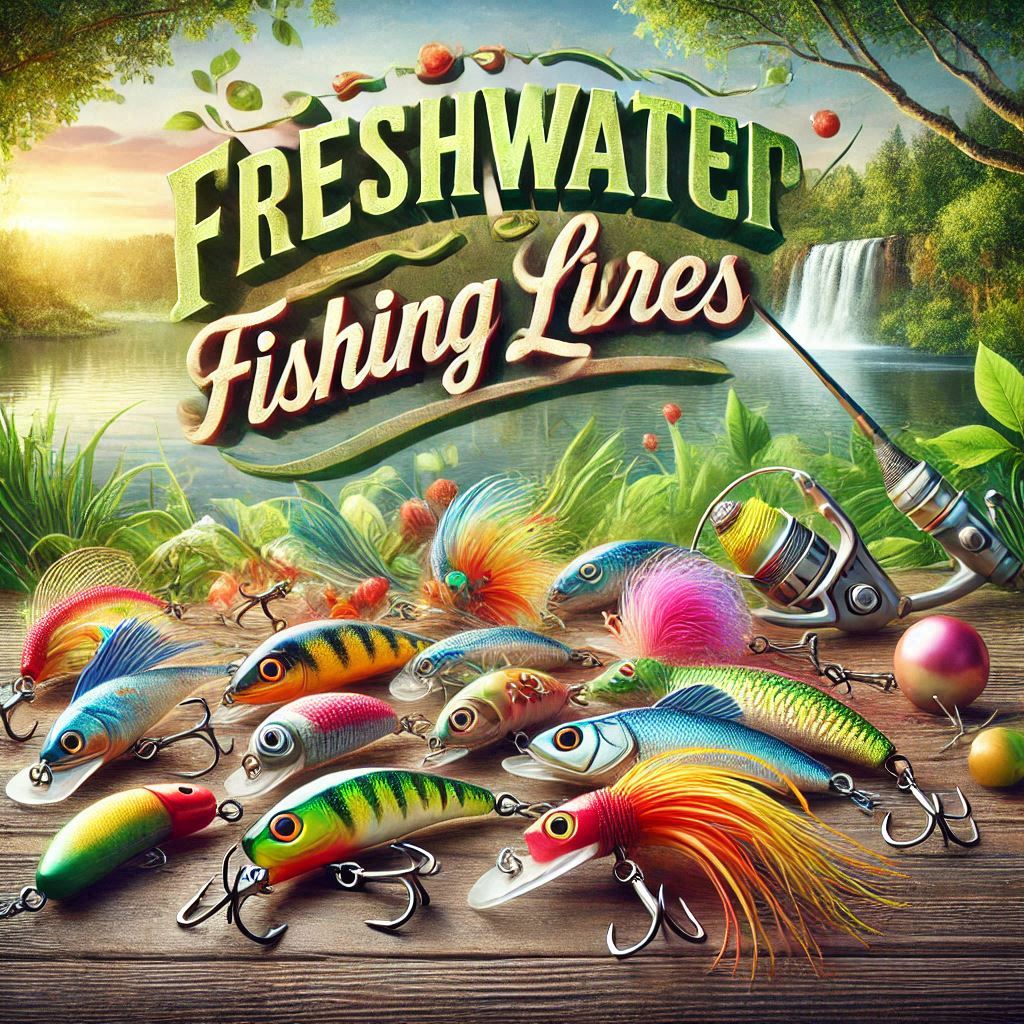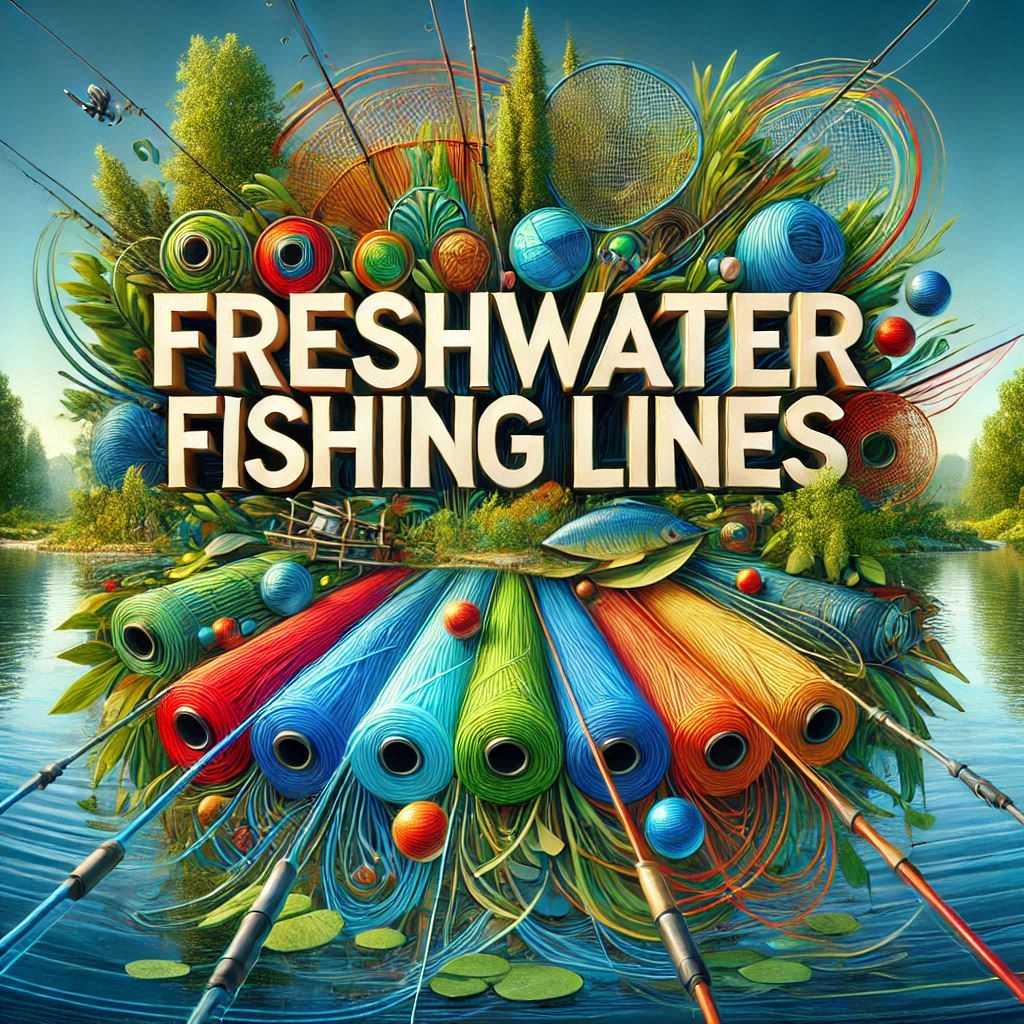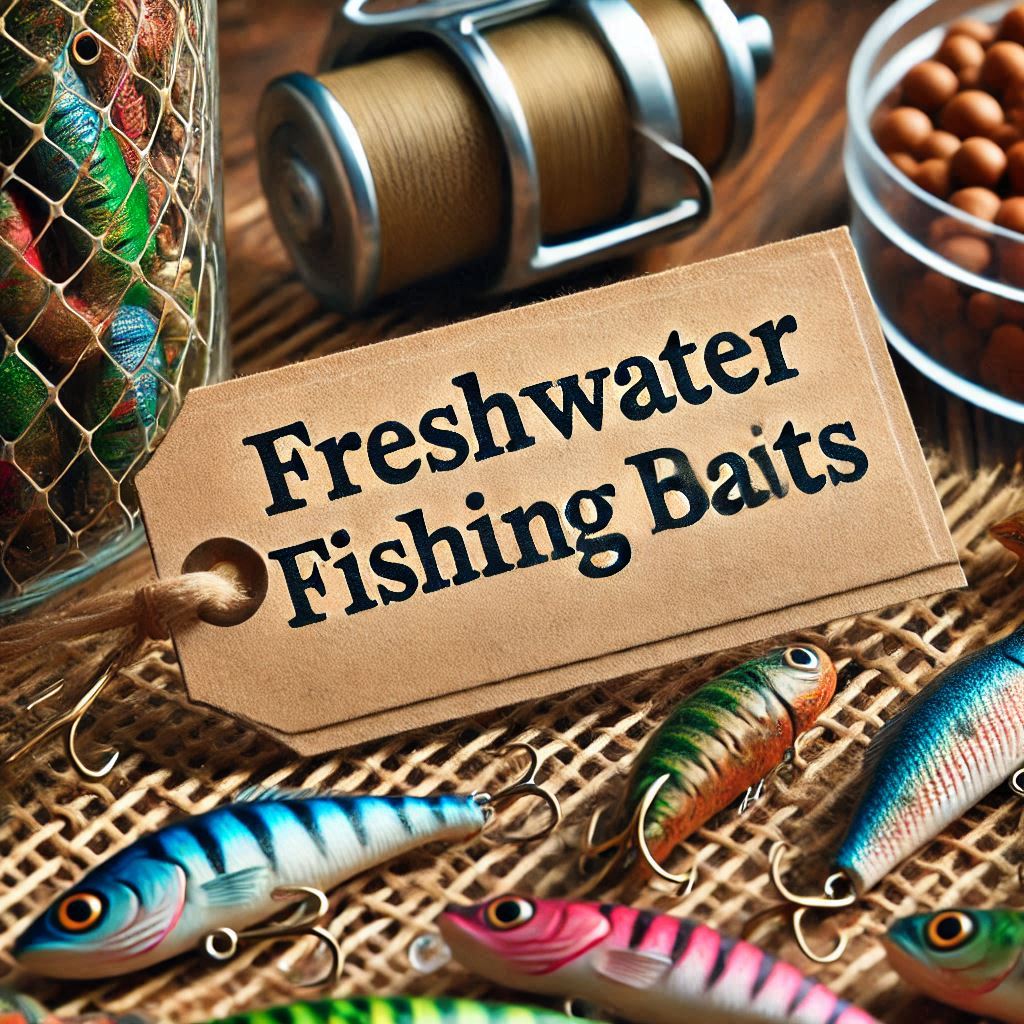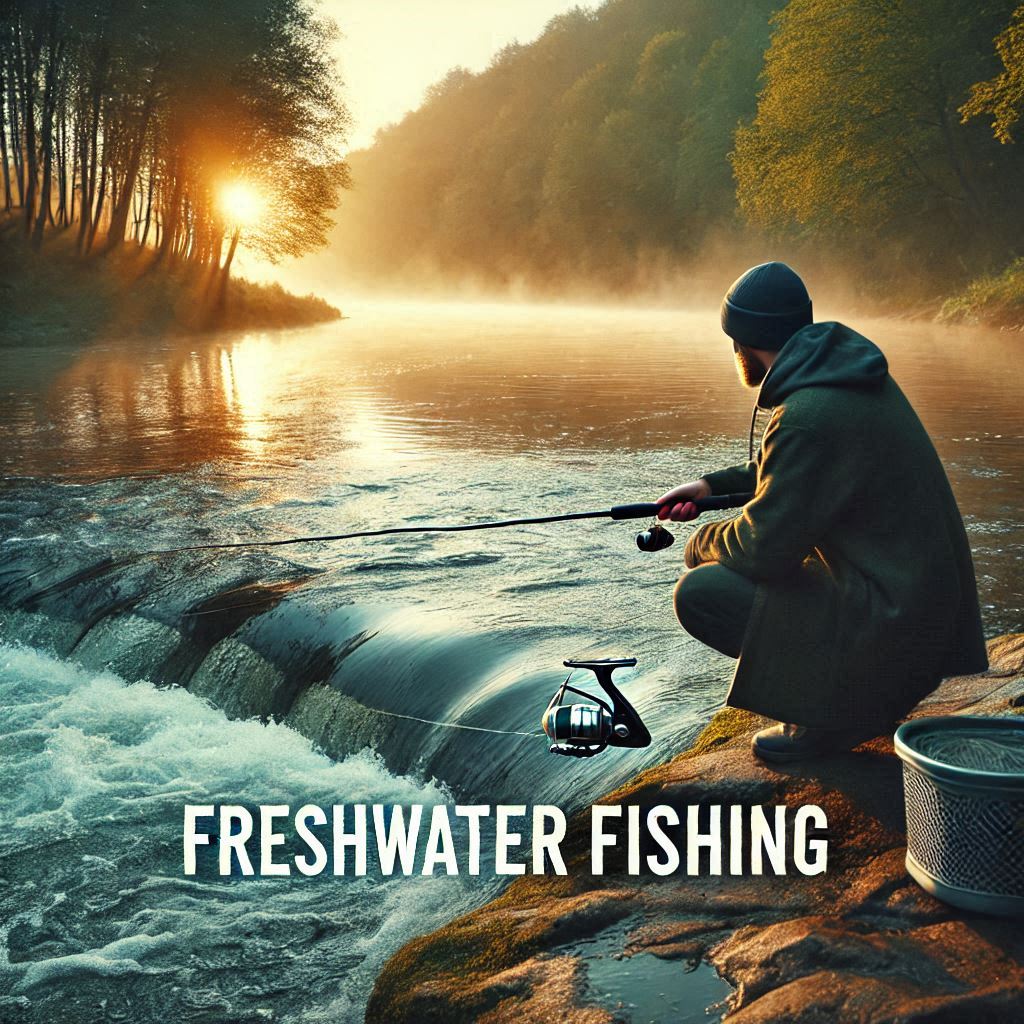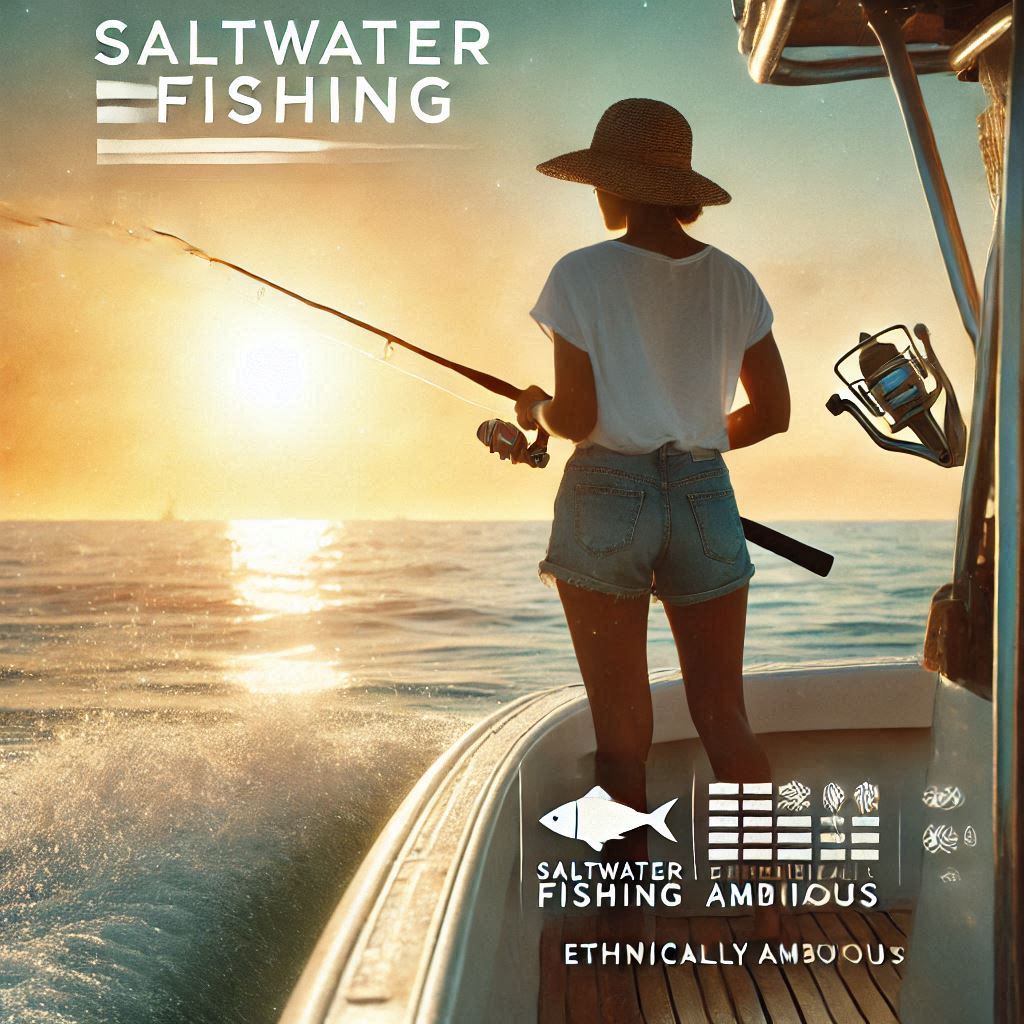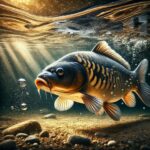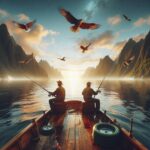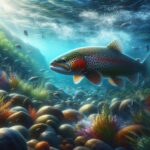Freshwater fishing is an exhilarating and rewarding outdoor activity that offers anglers the opportunity to connect with nature while pursuing a variety of fish species. Understanding the optimal fishing times to cast your line can significantly enhance your chances of success and make your fishing experience more enjoyable. Whether you’re targeting bass, trout, or panfish, timing your fishing trips to coincide with periods of increased fish activity can lead to more bites and bigger catches.
In this comprehensive guide, we’ll explore the best fishing times of day and year to go freshwater fishing, taking into account various factors such as seasonal patterns, water temperature, and fish behavior. By learning to recognize these patterns and adapting your fishing strategy accordingly, you’ll be well-equipped to make the most of your time on the water and increase your chances of landing that trophy catch.
Best Times of Year for Freshwater Fishing
The optimal time of year for freshwater fishing varies depending on the target species, location, and environmental factors. Here’s a breakdown of the best fishing seasons for different environments:
Spring (March to June) Fishing Times
Lakes and Reservoirs: Excellent for bass fishing as water temperatures rise and fish become more active.
Rivers and Streams: Ideal for trout fishing as water levels increase and insect hatches begin.
Why: Fish are more active due to warming waters and are preparing for spawning.
Summer (June to August) Fishing Times
Lakes and Reservoirs: Great for various species, with early morning and late evening being prime times.
Rivers and Streams: Good for warm-water species like bass and catfish.
Why: Longer days and warmer waters lead to increased fish activity, especially during cooler parts of the day.
Fall (September to November) Fishing Times
Lakes and Reservoirs: Excellent for bass and pike as they feed heavily before winter.
Rivers and Streams: Prime time for salmon runs in certain regions.
Why: Fish are actively feeding to build energy reserves for winter.
Winter (December to February) Fishing Times
Lakes and Reservoirs: Good for ice fishing in colder regions.
Rivers and Streams: Can be productive for trout in tailwaters with consistent temperatures.
Why: Although fish are less active, they still need to feed, and competition for food is reduced.
Understanding these seasonal patterns allows anglers to target specific species more effectively and adapt their techniques to the changing conditions throughout the year.
Best Times During the Day for Freshwater Fishing
The most productive times of day for freshwater fishing can vary depending on the season, weather conditions, and target species. Here’s a general guide to the best fishing times throughout the day:
Early Morning (Dawn to 2 hours after sunrise)
Lakes and Reservoirs: Excellent for surface feeding fish like bass and trout.
Rivers and Streams: Good for various species as they become active after the cool night.
Why: Lower light levels and cooler temperatures often trigger feeding activity.
Late Morning to Early Afternoon (10 AM to 2 PM)
Lakes and Reservoirs: Can be productive in cooler seasons or on overcast days.
Rivers and Streams: Good for sight fishing in clear waters.
Why: In colder months, this is when water temperatures are at their highest, increasing fish activity.
Late Afternoon to Evening (2 hours before sunset to dusk)
Lakes and Reservoirs: Another prime time for surface feeding fish.
Rivers and Streams: Excellent for various species as they feed before nightfall.
Why: Decreasing light levels and cooling temperatures often trigger another feeding period.
At Night Fishing Times
Lakes and Reservoirs: Can be productive for species like catfish and walleye.
Rivers and Streams: Good for nocturnal feeders in warmer months.
Why: Some species are more active at night, especially during summer when daytime temperatures are high.
By understanding these daily patterns and how they interact with seasonal changes, anglers can maximize their chances of success by focusing their efforts during the most productive times of day.
Conclusion
Mastering the art of timing in freshwater fishing can significantly enhance your angling success and overall enjoyment of the sport. By aligning your fishing trips with the most productive seasons and times of day for your target species and chosen environment, you’ll increase your chances of landing that memorable catch. Remember that while these guidelines provide a solid foundation, local conditions and fish behavior can vary. It’s always beneficial to combine this knowledge with personal experience and insights from local anglers to fine-tune your approach.
As you continue to refine your fishing skills and timing, don’t forget to appreciate the beauty of the natural world around you. Freshwater fishing offers not only the thrill of the catch but also the opportunity to connect with nature, observe wildlife, and enjoy peaceful moments on the water. Whether you’re casting at dawn on a misty lake or wading through a sun-dappled stream in the afternoon, each fishing experience contributes to your growth as an angler and your understanding of the aquatic ecosystem. Embrace the learning process, stay observant, and most importantly, enjoy every moment spent pursuing your passion for freshwater fishing.
FAQs
Q: What is the single best time of day to fish in freshwater?
A: Generally, early morning and late evening are considered the best times, but this can vary depending on the season and target species.
Q: Does weather affect the best time to fish?
A: Yes, overcast days can extend good fishing periods, while bright, sunny days may limit activity to early and late hours.
Q: Are there fish I can catch at any time of day?
A: Some species, like catfish, can be active at various times, but most fish have preferred feeding periods.
Q: How does water temperature affect fishing times?
A: Water temperature influences fish activity; generally, fish are more active when temperatures are between 55°F and 75°F.
Q: Is night fishing effective in freshwater?
A: Yes, night fishing can be very productive, especially for species like catfish and walleye.
Q: How do seasons affect the best fishing times?
A: Seasons impact water temperature and daylight hours, which in turn affect fish behavior and optimal fishing times.
Q: Is it worth fishing during the middle of the day?
A: While often less productive, midday fishing can be good in cooler months or when targeting deep-water species.
Q: How does spawning season affect fishing times?
A: During spawning, fish behavior changes significantly, often making them more active and easier to catch during specific times.
Q: Are there apps to help determine the best fishing times?
A: Yes, several fishing apps provide forecasts for optimal fishing times based on factors like weather, moon phase, and tides.
Q: How important is it to follow these timing guidelines?
A: While helpful, these guidelines are not absolute. Local conditions, personal experience, and adaptability are also crucial for successful fishing.

